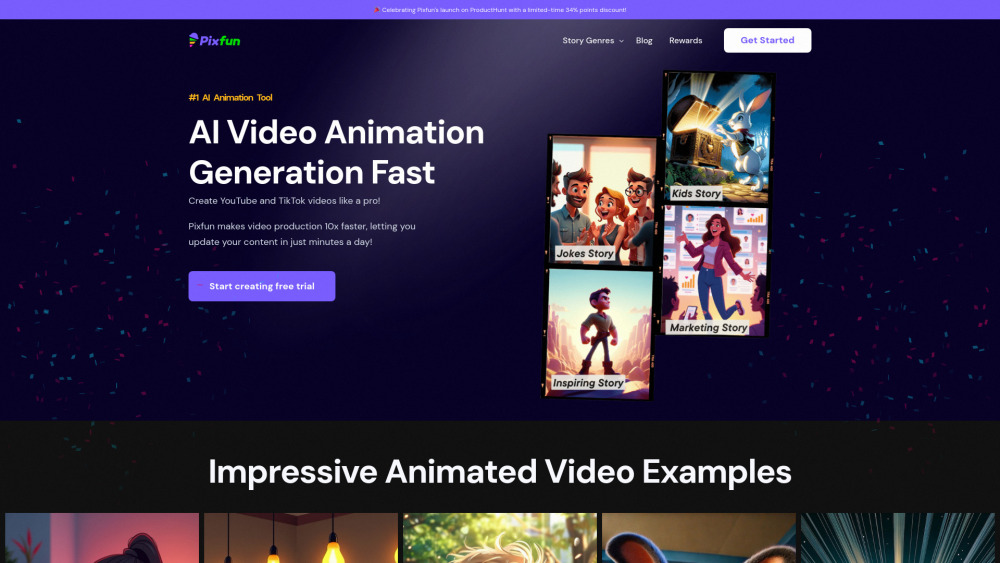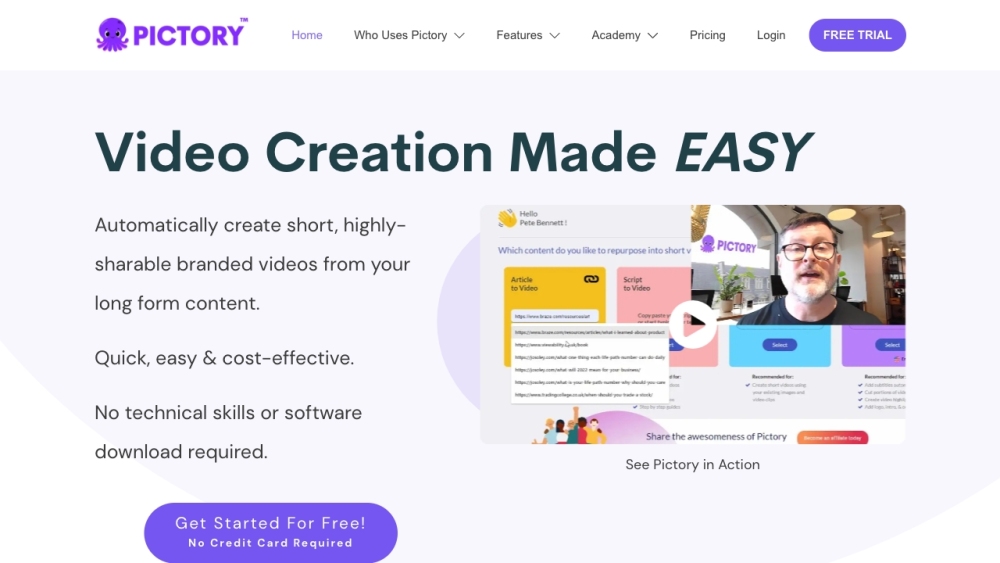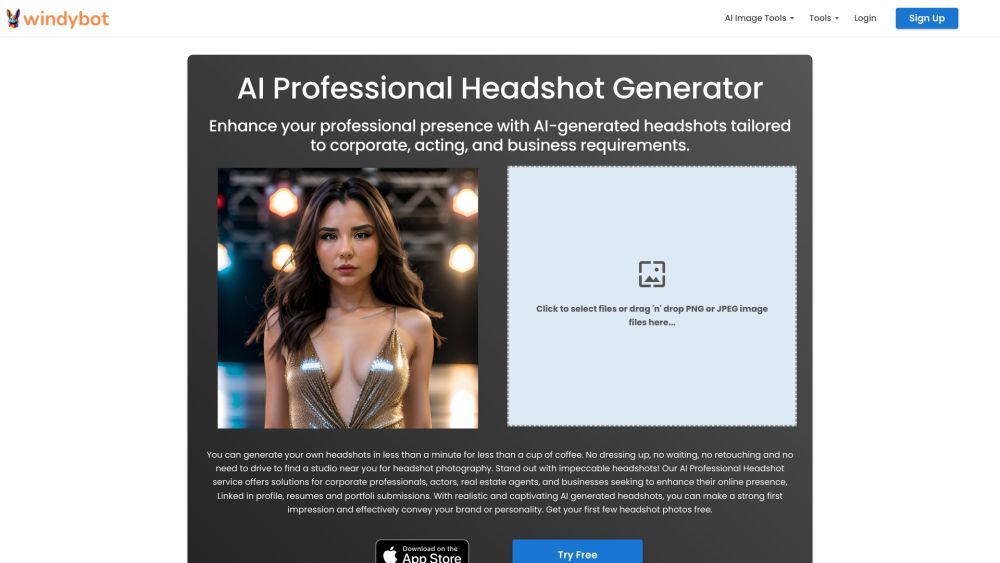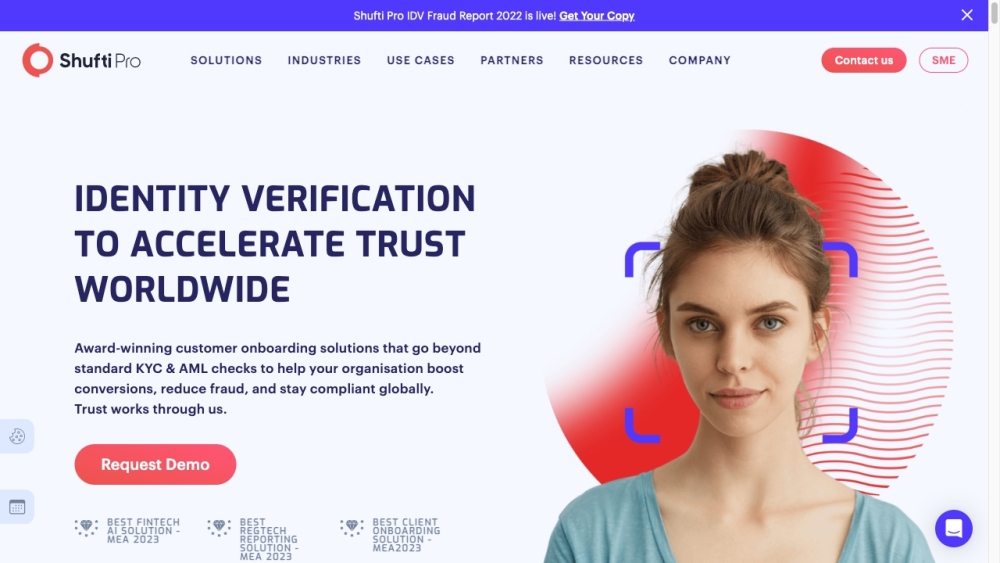Yesterday, OpenAI made waves ahead of Google's I/O developer conference by launching its latest AI language model, GPT-4o (short for GPT-4 Omni). This powerful model will be available for free to end-users as the engine behind ChatGPT and as a paid service for software developers via OpenAI’s API, enabling them to create custom applications for their clients or teams.
GPT-4o is designed as a multimodal model, significantly faster, more cost-effective, and more robust than its predecessors—and possibly many competitors. This advancement is crucial for software developers eager to integrate AI capabilities into their applications. OpenAI's Head of Product API, Olivier Godement, and Product Manager Owen Campbell-Moore elaborated on the model's significance during an exclusive media conference call.
As Godement noted, "Computers should adapt to human interaction instead of us conforming to technical limitations." With GPT-4o, developers can enhance applications ranging from customer service chatbots to internal tools that assist employees with queries about policies, expenses, and support tickets. The versatility of GPT-4o allows developers to build entire businesses on this cutting-edge technology.
How GPT-4o Innovates
Unlike previous models, which required intricate setups to handle voice interactions—integrating separate audio and text models—GPT-4o streamlines the process. It processes various media directly into tokens, marking a revolutionary step in truly multimodal AI. This transition results in remarkable speed improvements; GPT-4o can respond to audio inputs in just 232 milliseconds, matching human conversational speed, compared to the sluggish several seconds of GPT-4.
Additionally, GPT-4o captures more nuanced information from complex stimuli, enhancing its understanding of user inputs. While earlier models struggled with emotions or context in spoken communication, GPT-4o adeptly interprets tone, speaker dynamics, and even expresses emotions through its interactions. As Godement explained, "With a single model, there's no loss of signal."
Cost Efficiency and Scalability
OpenAI passes on operational cost reductions to developers, pricing GPT-4o at half of what GPT-4 cost—just $5 per million input tokens and $15 for output tokens. Image analysis is also cheaper, making it more accessible for developers. Moreover, the message limit has surged from 2 million to 10 million tokens per minute, vastly improving app performance.
“This efficiency is crucial for developers,” Campbell-Moore said, acknowledging the previous challenges of speed and costs in LLMs (Large Language Models). "GPT-4o is set to encourage more developers to incorporate OpenAI into their applications."
Potential Application Opportunities
GPT-4o can seamlessly replace existing AI frameworks in third-party apps, especially in personal assistant and audio-focused applications. Godement believes the model will catalyze the creation of innovative audio-first applications, fundamentally changing human-computer interaction.
Data Security Standards
For individual users of ChatGPT, data retention choices are available under the “Settings” menu. In contrast, OpenAI does not store API user data beyond 30 days, ensuring privacy and security for third-party developers. Voice, visual, and text inputs are retained momentarily for trust and safety audits but are promptly deleted thereafter.
Limitations Compared to Competitors
Although GPT-4o boasts impressive capabilities, it features a 128,000-token context window—smaller than rivals like Google Gemini and Meta’s Llama 3, which offer up to 1 million tokens. Nevertheless, this still equates to roughly 300 text pages, providing substantial capacity for rich interaction.
Currently, GPT-4o is accessible for developers via OpenAI’s API, limited to text and vision functionalities. Audio and video capabilities will be introduced soon, with announcements to follow on OpenAI’s channels.




